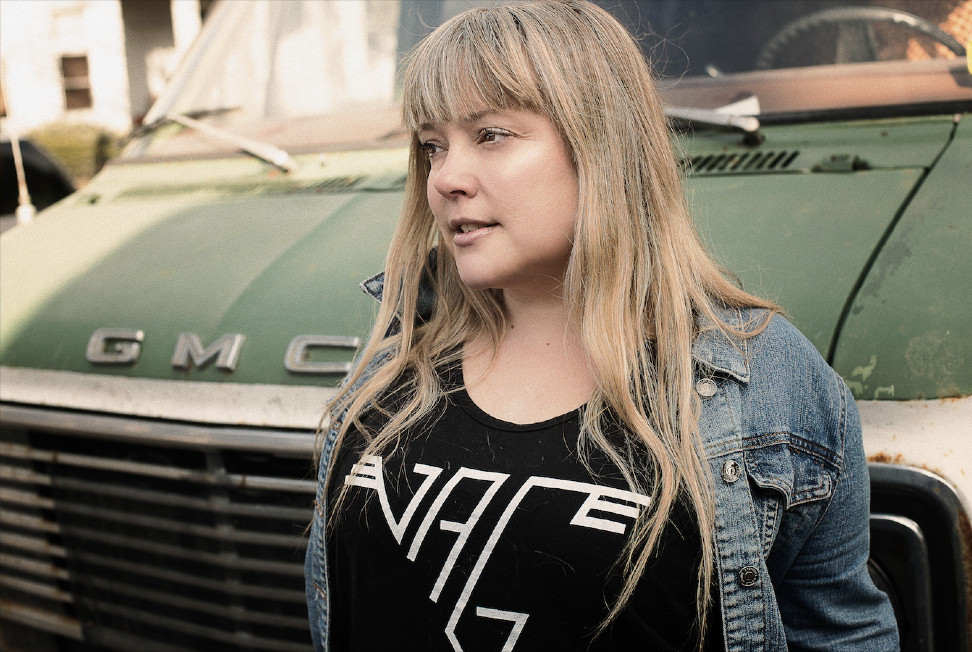‘A poet’s novelist’
Zoe Whittall named the latest U of W writer-in-residence
Zoe Whittall is an acclaimed novelist, poet, screenwriter and this semester’s Carol Shields writer-in-residence at the University of Winnipeg. Whittall’s career spans written and filmed media and includes five published books, three volumes of poetry and a litany of awards.
In an email to The Uniter, Whittall writes that she started her career as a songwriter before shifting to poetry and then eventually moving to fiction while in university. After two years in Concordia University’s creative-writing program, she dropped out to pursue writing in Toronto.
“I published my first poetry book with a small press at 25. I worked on short stories that became my first novel, Bottle Rocket Hearts, for several years,” Whittall says.
She describes this transition from poetry to fiction as an experiment. After writing her first novel, fiction became Whittall’s preferred form of storytelling.
“I just love all that room to move around, but I’m still a poet’s novelist,” she says. “I still think in terms of the line and the image and the irony and small moment.”
Looking back, Whittall adds that while she never planned to be a writer, she knew she didn’t love anything as much as reading and writing.
Whittall is also a recognized screenwriter and has worked on Baroness Von Sketch Show and Schitt’s Creek. She says this work impacted her overall writing practice. “It’s helped me understand how to construct a plotline,” Whittall says.
“It’s sharpened my ability to write dialogue, and it’s helped me to make a living as a writer.” Writing scripts has helped her produce better characters, structures and plots to create suspense.
“I’m still a character-first writer who gets hung up on sentences and specificity, but I think this is the gift that writing for screen has given me: not just a deeper understanding of how plot can move a narrative, but how to structure it,” she says.
Since the start of her career, Whittall’s identity as a queer woman has influenced her writing.
“I think that my books are often written in response to queer novels in our own niche cannon,” she says. “Having queer novels read outside the community is an entirely new thing in the last decade.”
She says her first novel, a queer comingof-age story, received homophobic reviews. People commented that “they’d never never have read it if they’d known it had a gay narrator,” Whittall says. “Now that’s inconceivable. I don’t only write about queer characters, but there is always a queer lens or authorial voice present.”
Whittall’s latest novel, The Fake, centres on Cammie, a compulsive liar, and how her choices impact the people in her life. The book asks questions about whether or not people can trust the ones they love.
While Whittall says none of her fiction is autobiographical, she is inspired by familiar settings and social environments. “With The Fake, I took inspiration from an experience I had being conned by someone, but the characters and the plot are entirely fabricated,” she says.
Published in Volume 77, Number 23 of The Uniter (March 23, 2023)







